人无远虑,必有近忧。——孔子
(rén wú yuǎn lǜ, bì yǒu jìn yōu — Kǒngzǐ)
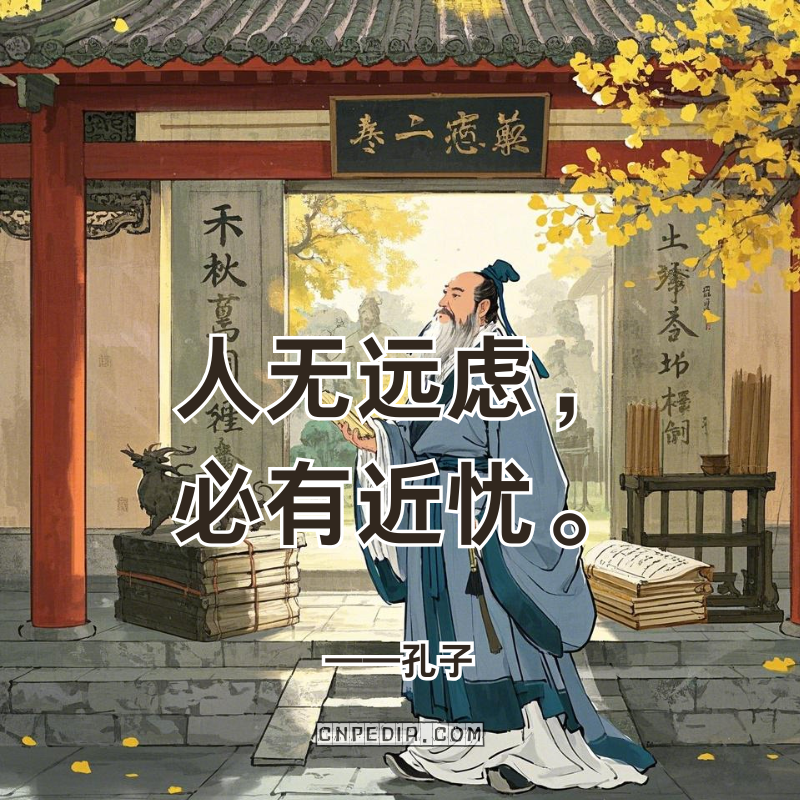
Translation: “Without long-term vision, immediate crises emerge.”
Explanation:
Confucius’ axiom “Without long-term vision, immediate crises emerge” encodes a proto-systems theory of governance. The character 虑 (lǜ), composed of 虎 (hǔ, tiger) and 思 (sī, thought), visually merges a predator’s calculated pacing with human cognition—a metaphor for strategic patience. Unlike reactive decision-making, this tiger-mind deliberation advocates cyclical planning where today’s actions are evaluated against decadal consequences, creating what modern strategists call anticipatory governance.
Ancient Chinese rulers institutionalized this wisdom through hydraulic engineering and grain reserve systems. The Dujiangyan irrigation project (3rd century BCE), still functional today, exemplifies 虑 in action—its designers anticipated both flood control and soil fertility needs for 20 generations. Modern parallels emerge in climate accords like the Paris Agreement, where nations bind present emissions cuts to century-scale climate models, and corporations employ scenario planning frameworks (e.g., Shell’s 2050 energy scenarios) to navigate volatile markets.
The proverb’s urgency intensifies in our age of compounding crises. Pandemic preparedness algorithms now simulate viral mutations decades ahead, while AI-driven “cognitive twins” of cities test infrastructure against 22nd-century sea level projections. Confucius’ tiger-mind philosophy thus evolves into a survival toolkit, transforming 虑 from ink-brush abstraction to algorithmic governance code.

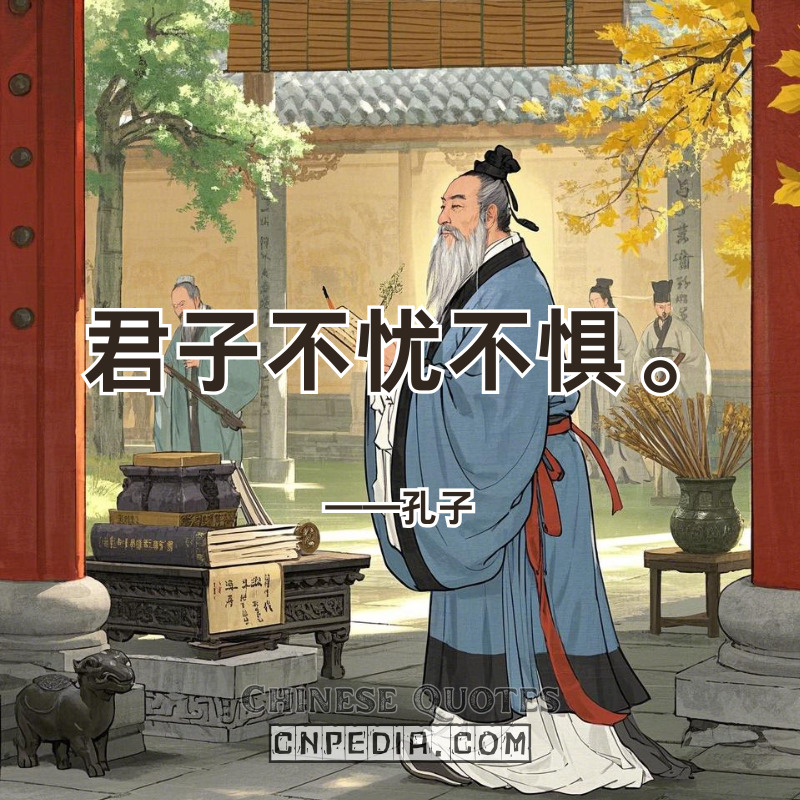

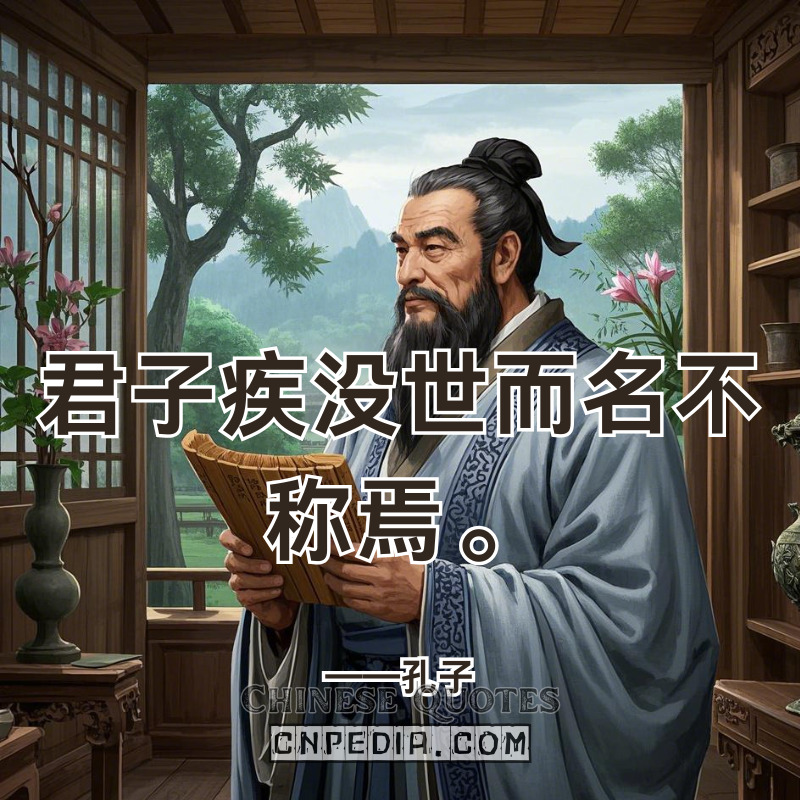
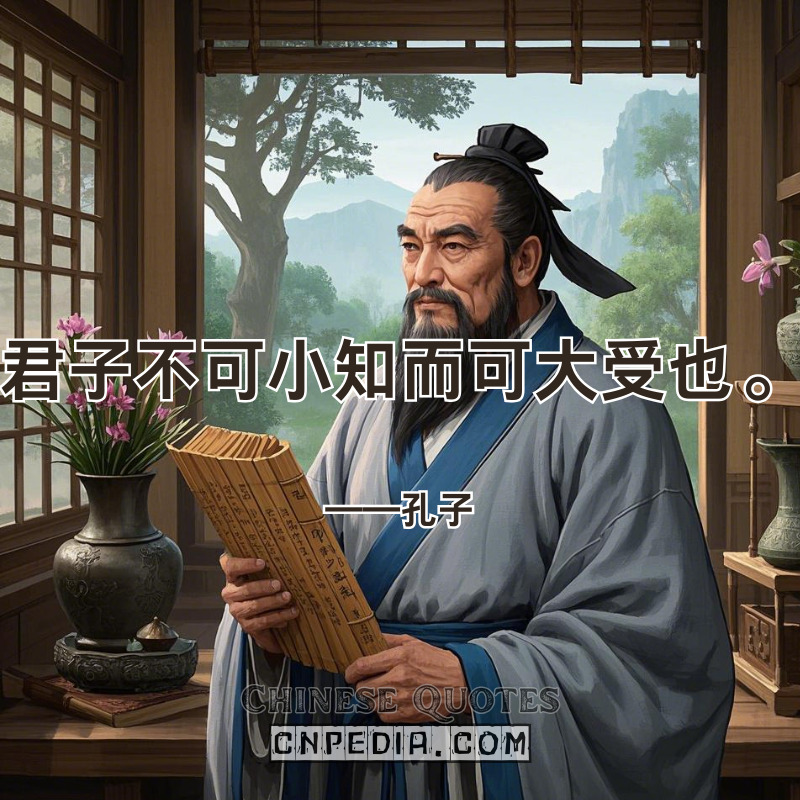
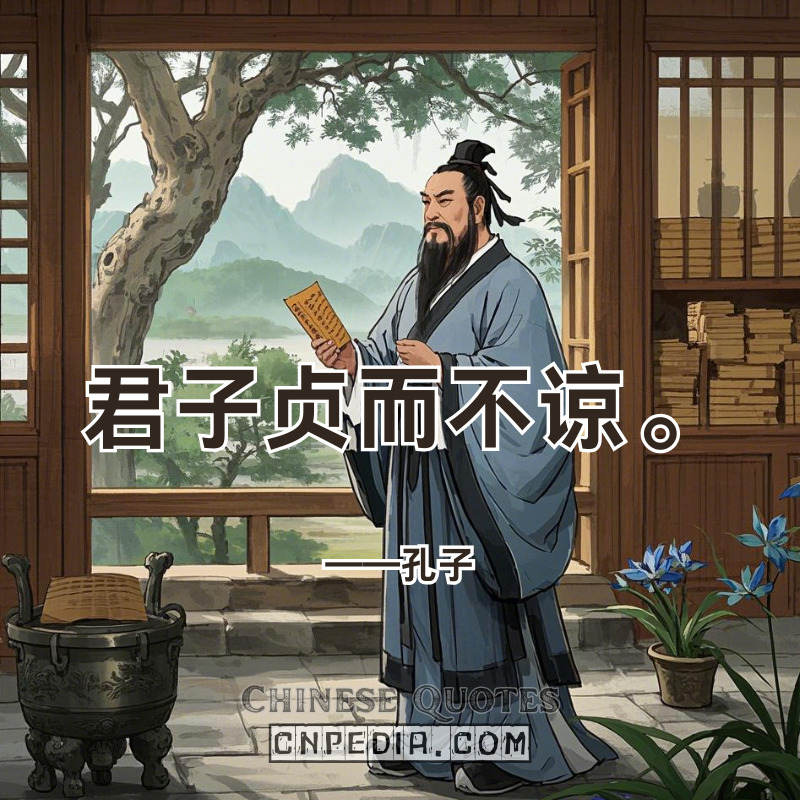


——Records-of-the-Grand-Historian-Biographies-of-the-Money-makers.jpg)
——Records-of-the-Grand-Historian-Biographies-of-the-Money-makers.jpg)
——Records-of-the-Grand-Historian-Biographies-of-the-Money-makers.jpg)
——Records-of-the-Grand-Historian-Biographies-of-the-Money-makers.jpg)
——Records-of-the-Grand-Historian-Biographies-of-the-Money-makers.jpg)
——Records-of-the-Grand-Historian-Biographies-of-the-Money-makers.jpg)